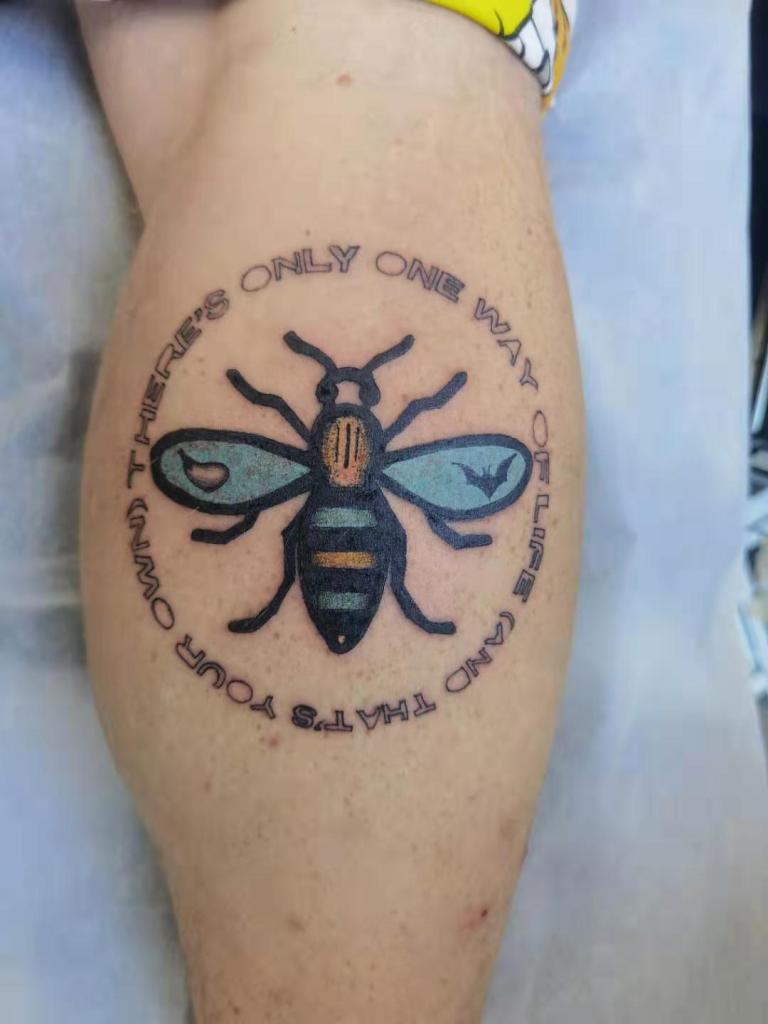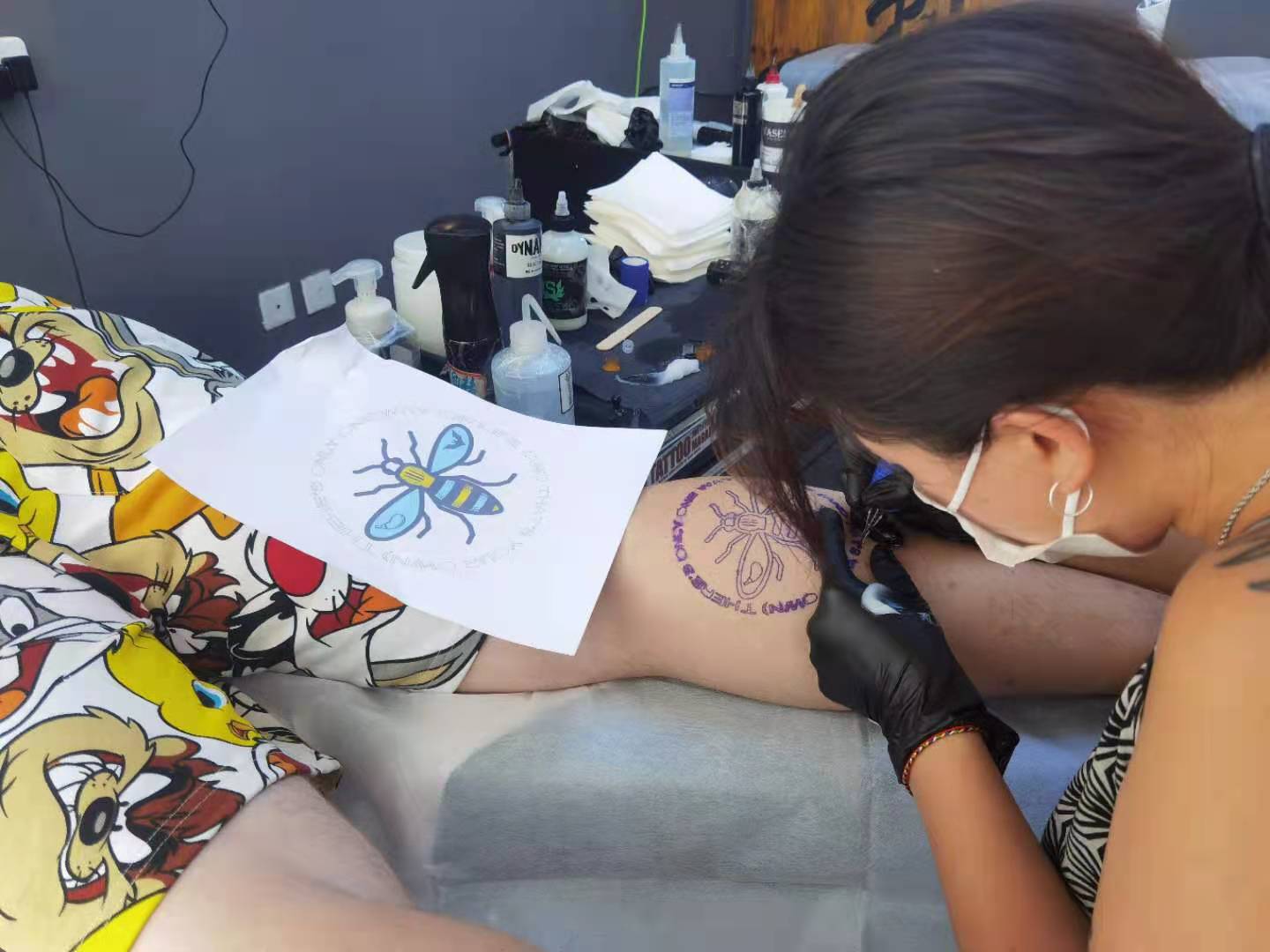CCTV (Chinese state TV) didn’t commission me. I’m just reviewing musical experiences in China. By that, I don’t mean Mr Oliver making his students wild at an end of year school show. Melodic music seems completely endemic here. Rhythm and blues do not. The exploration of music in China has been limited. Pop concerts are plentiful. Traditional music is out there. KTV is everywhere, seemingly only beaten in numbers by the dreaded mosquitoes.
Throughout travels, I’ve overheard piped speakers repeating at shrieking levels “wǒ ài Mǎnzhōulǐ” in deepest darkest coldest Inner Mongolia (内蒙古) to two people, in a field of ice. Actually, almost every province I’ve visited has had Mandarin language to its music. Rarely have I overheard local dialects, other than Cantonese in Guangdong. I’m convinced when my Granddad George Acton visited Qīngdǎo (青岛) and ShànghǎI (上海) in the 1940s, he visited at a time when local dialects were rife and strong. Whilst Mandarin has brought uniformity and literacy, it did also deliver annoying song xiǎo píngguǒ (小苹果).
Released in May 2014, the catchy Xiao Pingguo song refuses to go away. I think of it as China’s answer to the Crazy Frog. Wang Taili (王太利) and Xiao Yang (肖央) are the successful Chopstick Brothers (筷子兄弟). They’re not on my Christmas card list. Ever. They were even parodied by the Chinese Ministry of Defence, for recruitment purposes, in July 2014. I remember it being irritating then but if that’s how they plan to tackle the Taiwan problem, so be it. Siege by surreal music. Like Christmas songs in July, Xiao Pingguo never exits your head or seemingly airplay.
In education, I’ve witnessed a wealth of traditional instruments from China. Students plucking the Guzheng’s (古箏)’s 16–26 strings, or pear-shaped Pipa (琵琶), or similar Liuqin (柳琴) have formed mini-orchestras and solo acts throughout many school shows. A whole wealth of other stringed instruments hasn’t been seen in Xinjiang or Tibet, because I’ve yet to visit either region. I have heard and seen the two-stringed fiddle (Erhu 二胡) in action. I’ve had a go in Yunnan too. Maybe one day I’ll try it again. It can have an upbeat melodic ring to it, or deep blues. Mandopop and Cantopop covers haven’t been far behind.
There are countless string and pipe instruments throughout the land of China, with names too unknown to write and sounds heard rarely to explain. Clay, bells, silk too, and other instruments are fantastic to see in villages and countryside areas. The húlúsī (葫芦丝) is a gourd wind instrument that looks like a bulbous pipe swallowed a recorder. It can be played in a haunting manner, as witnessed in the foothills of Yunnan. Unlike Eason Chan, G.E.M., Jackie Chan, Jay Chou, the TF Boys, BTS, and other Chinese pop stars, I will miss traditional instruments like the húlúsī.
Dagu (大鼓) means large drum and would have been found in countless drum towers across imperial China. These days they can be found at school shows alongside the Zhangu (战鼓) or war drum. Likewise museums may encase them, just up the aisle from flutes made of bones. Yǎyuè (雅樂) translates to something like elegant music. The aristocracy and Confucius believed music could only follow one path for self-cultivation and governmental ruling. “March of the Volunteers”(义勇军进行曲 Yiyǒngjūn Jìnxíngqǔ) probably fits the yǎyuè mindset.
Originally known as The March of the Anti-Manchukuo Counter-Japan Volunteers, the national anthem of China can be found weekly at school flag raising ceremonies, all national holidays, supermarkets, and even playing from children’s toys. The national anthem was penned by Tián Hàn (田汉), a novelist and playwright). It was set to music by Yunnan’s Niè Ěr (聂耳) AkA George Njal, as was his wish. Sadly Nie Er drowned at a young age and never expanded on a blossoming and flourishing musical career. Many moons later I passed through his native Kunming and listened to the sound of heavy traffic. This after days of bird song, didgeridoo, and drums in Dali.
Hong Kong, the Magic Island Festivals at Zhuhai, Guangzhou, Dongguan (mostly Irene’s Bar) and Shenzhen remain the places I’ve seen the most live music during my years in China. A few live bands and DJs in Shanghai and Dali probably complete a short list for a large land. It hasn’t been that I haven’t been looking for it of asking for live music. Even before bloody CoViD-19 struck, it was hard enough to see live music and a million times harder to get tickets. Strip away the VIP, VVVIP, of Golden Platinum VIP options and music tickets are hard to find. Expect nothing for anything labelled VIP. The gimmicks are status only.
In Dongguan, whilst writing for Hubhao magazine, I was lucky enough to enjoy Netherlands band Atlantic Attraction. Their website is now about knees so I guess they broke up or faded out. I went looking for answers. None. Perhaps when I fly home to the UK via the Netherlands, Kevin de Haas will swap vocals and guitar for baggage handling, and Arend Lacked may have moved to Airbnb, or Joris van der Pole may have shed bass in favour of bus driving. The drums are out so perhaps Sibren Huijsmans will sell me a coffee. A good band. Missed.
Epic festivals at Hong Kong such as Clockenflap, seeing Paul Draper at Guangzhou’s Mao Livehouse, swinging by So What Livehouse and the various Brown Sugar Jar venues have been good experiences. Watching Mr Irish Bastard at an intimate night in Shenzhen or spending Christmas Day with an acoustic guitar concert will remain fond memories. And of course, Dongguan foreign band, Revolution, now dissolved… and out if their ashes, come Reload. That’s Sunday’s entertainment sorted. Big Band Theory at Murray’s were electric, as has been almost every music night at Irene’s Bar in Houjie town.
The journey through music in Asia and from China won’t end on leaving this country. I’m already booked into seeing The Hu, a Mongolian rock band later this year, complete with instruments, the morin khuur and the tsuur. How China can water down Mongolian dialect in favour of Mandarin in Inner Mongolia (P.R of China) is beyond me? Languages need preservation, and music has long imbibed that theme. I can’t wait to experience my next installments of Mongolian music after Taiga band in Bar Ink, Dongguan.
And of course, I can always say my former St. Lorraine students featured on a music video of the Sun Yat Sens. Wechat微信… Wechat微信…
And my Levellers lyrics were tattooed in Yunnan.



